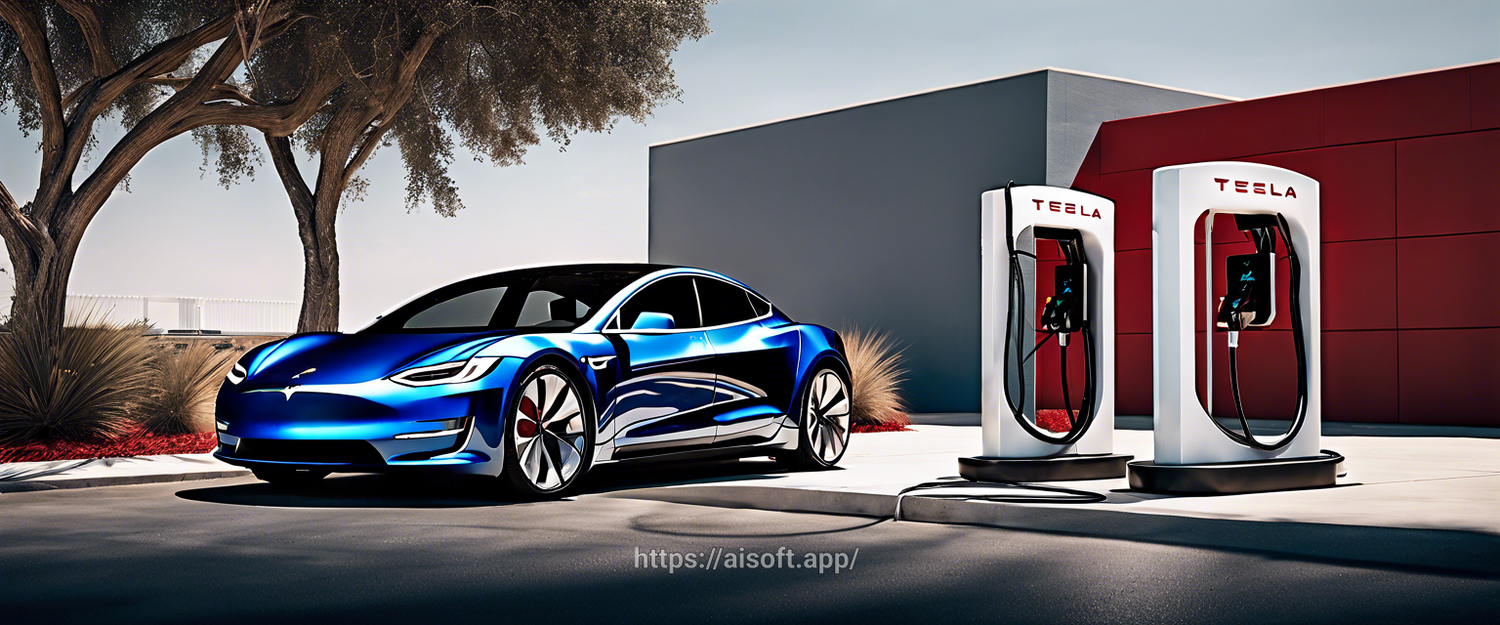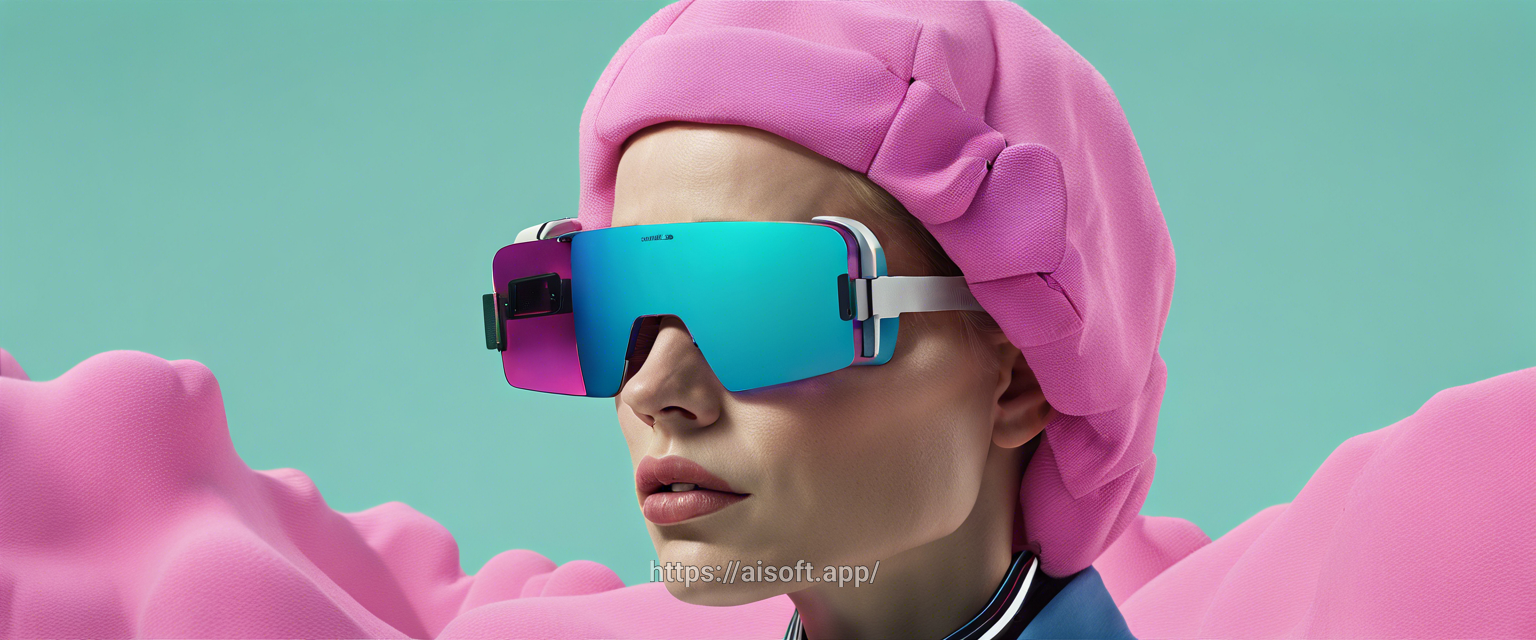Non-Tesla Electric Vehicle Owners Await Supercharger Access
It has now been over 16 months since Ford initiated the transition to Tesla's North American Charging Standard, yet many electric vehicle (EV) owners remain in a state of uncertainty. Currently, only Ford and Rivian have access to Tesla's Supercharger network, leaving other competitors and non-Tesla EV owners still waiting.
The Current Bottleneck: Adapter Shortage
The significant roadblock appears to be a shortage of necessary adapters, which are essential for allowing various EV brands to connect to Tesla's robust charging infrastructure. In response, Tesla recently announced a production increase at its Buffalo gigafactory, ramping up to 8,000 adapters per week. However, this still hasn't resolved the immediate concerns voiced by industry leaders and consumers alike.
Concerns Among Industry Leaders
Amidst these delays, some industry figures have speculated that Elon Musk may be rethinking the decision to open Tesla's charging network to competitors. Such hesitations could stem from fears that this move might ultimately facilitate other automakers in gaining an edge in the increasingly competitive EV market, potentially siphoning off customers from Tesla, which has been experiencing declining sales.
What This Means for the EV Landscape
The lack of widespread access to Tesla's Superchargers for non-Tesla vehicles not only hinders competition but also adds complexity for consumers who may own various brands of electric cars. As the market pivots towards electrification, establishing a unified and accessible charging standard will be crucial to promoting the use of EVs on a broader scale.
Looking Forward: Industry Collaboration
Industry insiders are now calling for increased collaboration among automakers to expand charging infrastructure and ensure that all EV drivers have access to reliable charging options. The path towards a sustainable EV ecosystem will require a collective effort to address challenges like charging compatibility and availability.
Conclusion: An Ongoing Challenge
In conclusion, while the integration of Tesla's North American Charging Standard represents a significant shift towards a more standardized charging technology, the current delays and adapter shortages underline the complexities of this transition. As Tesla works to ramp up production of adapters, the broader implications for the EV market remain a point of critical concern.
For ongoing updates about EV innovations and market trends, stay tuned to trusted automotive news sources.



Lasă un comentariu
Toate comentariile sunt moderate înainte de a fi publicate.
Acest site este protejat de hCaptcha și hCaptcha. Se aplică Politica de confidențialitate și Condițiile de furnizare a serviciului.